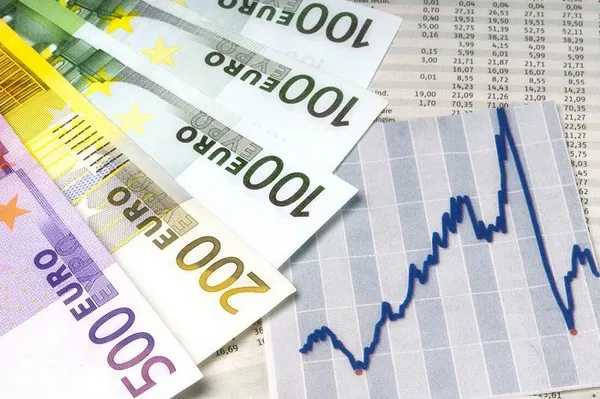The Swiss franc (CHF) and the US dollar (USD) are two of the world’s major currencies that are used for international trade, investment, and financial transactions. As with any other currency pair, the CHF/USD exchange rate is subject to fluctuations due to various economic, political, and social factors.
To better understand the behavior of the CHF/USD exchange rate, it is important to analyze its historical performance. In this article, we will explore the CHF to USD historical data, highlight key periods and events that influenced the exchange rate, and discuss how this information can inform future decisions related to currency trading and investment.
Overview of CHF to USD Historical Data
The CHF to USD exchange rate has a long history that dates back to the 19th century when Switzerland adopted the Swiss franc as its official currency. The CHF was pegged to gold until 1936 when Switzerland abandoned the gold standard. Since then, the value of the CHF has been determined by market forces, including supply and demand, as well as various economic and geopolitical factors.
The CHF to USD exchange rate has experienced significant fluctuations over the past 50 years. For example, in the early 1970s, the CHF was trading at around 4 USD, but by the end of the decade, it had appreciated to over 2 USD. In the 1980s, the CHF continued to strengthen against the USD, reaching a high of 0.75 USD in 1985. However, in the 1990s, the CHF lost some of its value, dropping to around 0.63 USD in 1995.
The 2000s saw another period of appreciation for the CHF, reaching a high of 0.88 USD in 2001 before dropping again in the wake of the global financial crisis of 2008-2009. Since then, the CHF has generally strengthened against the USD, with occasional fluctuations due to various economic and geopolitical events.
Key Periods and Events that Influenced the CHF to USD Exchange Rate
To better understand the factors that influenced the CHF to USD exchange rate in the past, let’s take a closer look at some key periods and events:
1970s Oil Crisis: The oil crisis of the 1970s had a significant impact on many countries’ economies, including Switzerland’s. The CHF appreciated against the USD during this time as the Swiss economy remained relatively stable compared to other countries.
1980s Plaza Accord: In 1985, the US government and other major central banks agreed to weaken the USD in an effort to reduce the US trade deficit. This led to a significant drop in the USD’s value and an increase in the CHF’s value relative to the USD.
1990s European Monetary Union (EMU): In the 1990s, several European countries, including Switzerland, began pursuing closer integration through the formation of the EMU. This led to speculation that Switzerland might eventually join the eurozone, which caused the CHF to depreciate against the USD.
2008 Global Financial Crisis: The global financial crisis of 2008-2009 had a significant impact on the CHF to USD exchange rate, causing the CHF to appreciate rapidly against the USD as investors sought safe-haven assets.
2015 Swiss National Bank (SNB) Decision: In January 2015, the SNB shocked markets by announcing that it would no longer maintain a cap on the CHF’s value against the euro. This caused the CHF to appreciate rapidly against the USD as investors sought safe-haven assets amidst uncertainty in the eurozone.
2020 COVID-19 Pandemic: The COVID-19 pandemic had a significant impact on the global economy and financial markets, causing the CHF to appreciate against the USD as investors sought safe-haven assets.
Implications for Future Decisions
The CHF to USD historical data provides valuable insights into the factors that have influenced the exchange rate in the past. By analyzing this data, investors and traders can gain a better understanding of how the exchange rate may behave in the future.
For example, if we look at the period of the 2008 global financial crisis, we can see that the CHF appreciated significantly against the USD as investors sought safe-haven assets. This suggests that during times of economic uncertainty or market volatility, the CHF may be a good investment option.
Similarly, the SNB’s decision to remove the cap on the CHF’s value against the euro in 2015 highlights.


